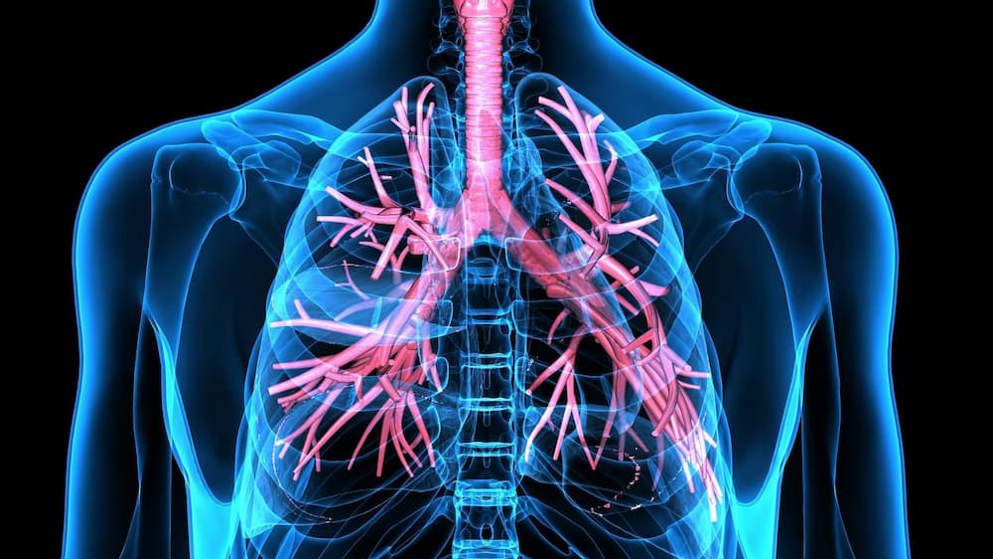Phase III SYGMA trials of Symbicort Turbohaler for asthma "as needed" are published in NEJM. -AstraZeneca
AstraZeneca announced results from the Phase III SYGMA trials of Symbicort Turbuhaler (budesonide/formoterol) given as an anti-inflammatory reliever ‘as needed’ versus two different treatment regimens in patients with mild asthma. The data are published in the New England Journal of Medicine and will be presented on Sunday 20 May at the American Thoracic Society (ATS) 2018 International Congress.
The SYGMA trials were designed to evaluate the efficacy of Symbicort Turbuhaler, taken only as needed, as an anti-inflammatory reliever versus current standard of care therapies in mild asthma: In place of current reliever therapy, short-acting beta2-agonist (SABA) also taken as needed. As an alternative to regular maintenance controller therapy (twice-daily budesonide, an inhaled corticosteroid, ICS) plus SABA ‘as needed’ Both trials met their primary efficacy outcomes.
The results of the primary and key secondary efficacy outcome measurements are: Symbicort Turbuhaler ‘as needed’ demonstrated superior asthma-symptom control (34.4% versus 31.1%) assessed according to electronically recorded well-controlled asthma weeks (eWCAW) and a 64% reduction in exacerbations versus SABA ‘as needed’. Symbicort Turbuhaler used as needed was non-inferior to twice-daily budesonide maintenance therapy plus SABA ‘as needed’ in reducing the risk of severe asthma exacerbations (0.11 versus 0.12),1 achieved with 25% of the budesonide maintenance dose. Symbicort Turbuhaler taken only as needed did not achieve non-inferiority in eWCAW versus twice-daily budesonide plus SABA.
Paul M. O’Byrne, Dean and Vice-President, Faculty of Health Sciences at McMaster University, Canada, and the International Coordinating Investigator for SYGMA 1, said: “Asthma is an inflammatory airway disease. We know that many millions of patients around the world are over-reliant on their reliever medications, which improve symptoms but do not treat inflammation, and underuse anti-inflammatory maintenance controller treatments resulting in preventable exacerbations. The SYGMA trials provide important new data which could improve the treatment of mild asthma and inform management guidelines.”.
The SYGMA trial programme comprises SYGMA 1 and 2: two, 52-week Phase III trials in more than 8,000 patients.5 SYGMA 1 evaluated Symbicort Turbuhaler (200/6 µg*) ‘as needed’, compared with terbutaline (0.5 mg†) ‘as needed’ and budesonide (200 µg) twice-daily plus terbutaline (0.5 mg†) ‘as needed’.2 SYGMA 2 evaluated Symbicort Turbuhaler (200/6 µg*) ‘as needed’, compared with budesonide (200 µg) twice-daily maintenance plus terbutaline (0.5 mg†) ‘as needed’. Safety and tolerability data for Symbicort Turbuhaler ‘as needed’ were consistent with the known profile of the medicine. The most commonly-reported adverse events were upper respiratory tract infection (URTI), viral URTI, asthma, pharyngitis, bronchitis, headache, and allergic rhinitis. In the US, Symbicort is approved in the pMDI device, but not the Turbuhaler device.
See- As-needed budesonide-formoterol versus maintenance budesonide in mild asthma

